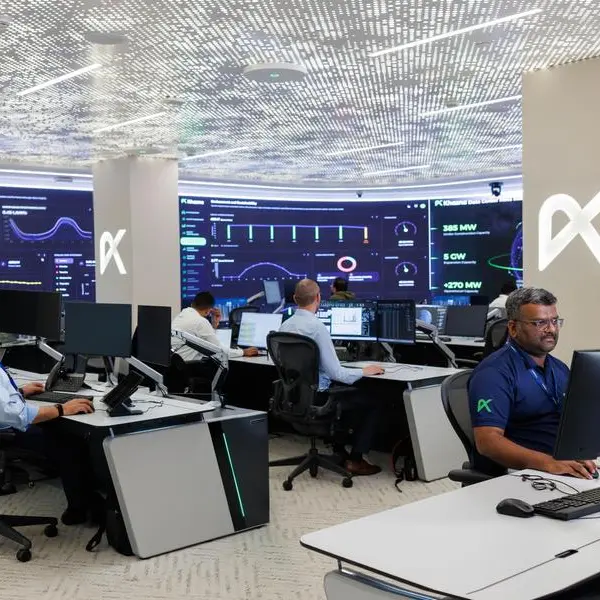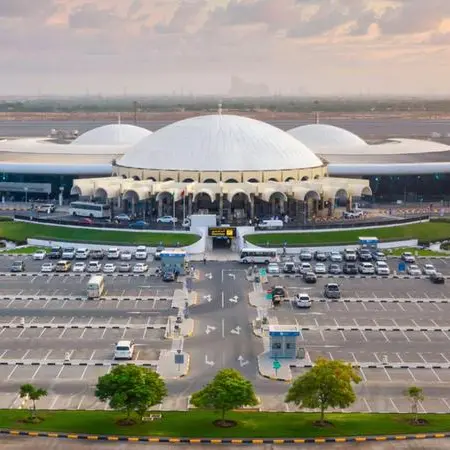DUBAI, Sept 14 (Reuters) - Gulf investors are increasingly planning to invest in Saudi Arabia on the back of confidence in its long-term economic performance and its opening to direct foreign investment, Invesco Asset Management said on Monday.
In its annual Middle East asset management study, the division of Invesco Ltd
Invesco surveyed 167 investors in the Gulf between April and June, including sovereign wealth funds, family offices and pension funds.
Out of respondents, 46 percent said they were thinking of strongly increasing inflows into Saudi Arabia, with 23 percent planning a slight increase. That compared with just 8 percent and 25 percent respectively in the 2014 survey.
"That is the sort of thing that was the precursor to money moving into China," Nick Tolchard, Invesco's Middle East head, told reporters, noting that China and Saudi both used the Qualified Foreign Institutional Investor (QFII) model to govern their respective market openings.
While there has been positive talk about the long-term impact of Saudi's decision to open its Tadawul exchange to foreigners on June 15, little QFII cash has gone in so far.
Still, the value of Saudi stocks held by QFIIs jumped nine-fold last week to 429.9 million riyals ($115 million), according to bourse data, as buyers took advantage of a downturn which wiped 17.3 percent off the Tadawul in August to build positions.
The positive sentiment towards Saudi Arabia has also spilled over to Bahrain, which has traditionally been a route to invest into Saudi. In the survey, a combined 47 percent were planning strong or slight increases in capital flows there, opposed to 82 percent planning to remove capital in 2014.
The United Arab Emirates retained the positive sentiment seen in the survey in 2014, although the level of those planning slight and strong inflows reduced to 66 percent this year from 89 percent in 2014.
Invesco's study noted the majority of Gulf investors were continuing to view negatively the other three regional markets: Kuwait, Oman and Qatar. More than half of respondents said they were planning to reduce capital deployed in those countries.
This came despite Qatar being upgraded, along with the UAE, to emerging market status by index compiler MSCI in June 2014, a move that was expected to bring significant foreign investment into the two countries. ($1 = 3.7503 riyals)
(Reporting by David French; editing by David Clarke) ((davidj.french@thomsonreuters.com; +971 4 362 5864; Reuters Messaging: davidj.french.thomsonreuters.com@reuters.net))
Keywords: MIDEAST INVESTMENT/




















